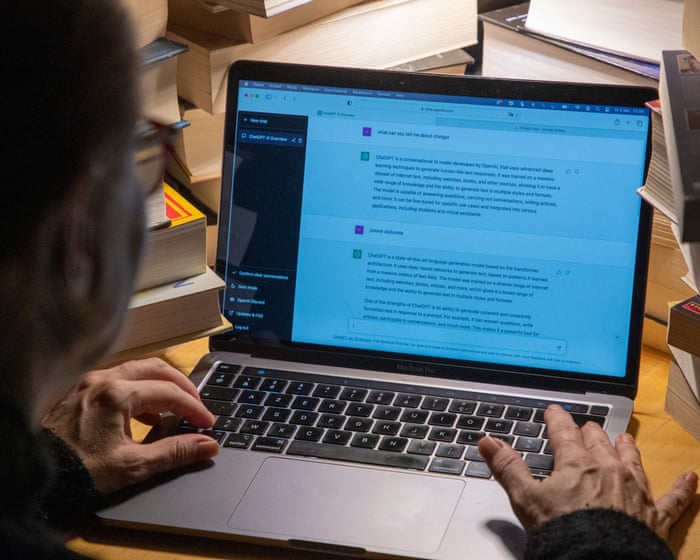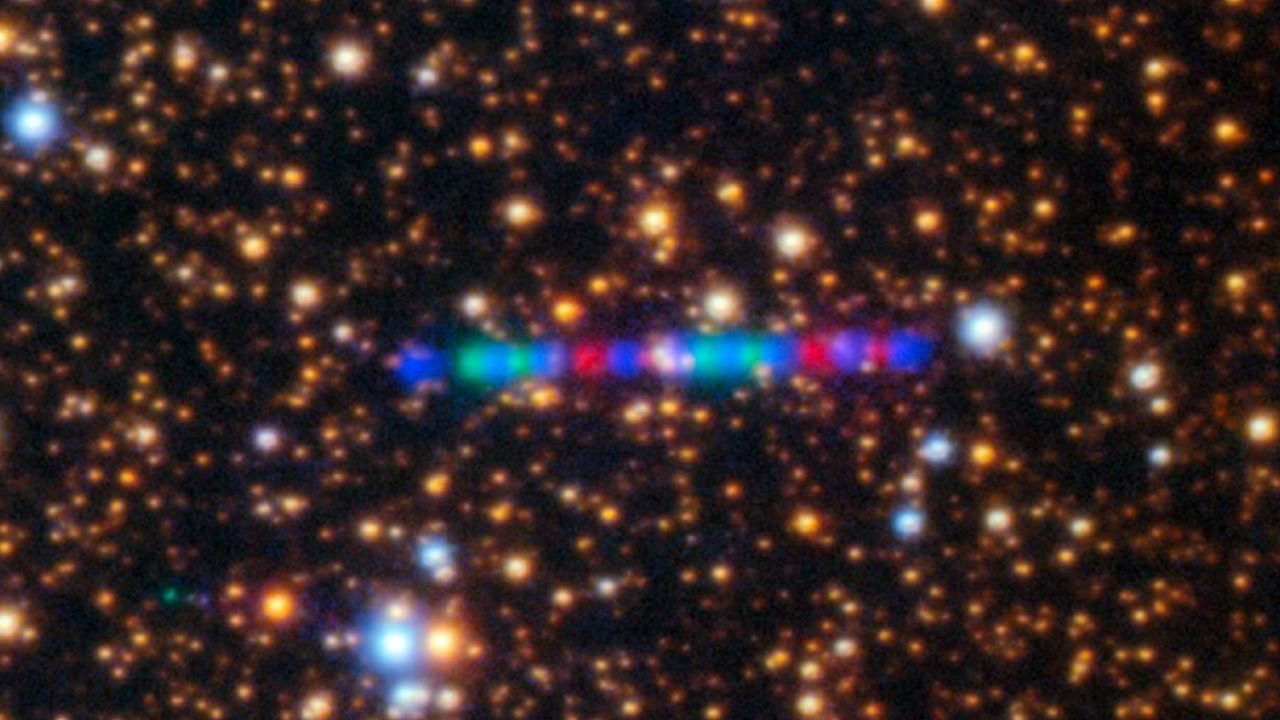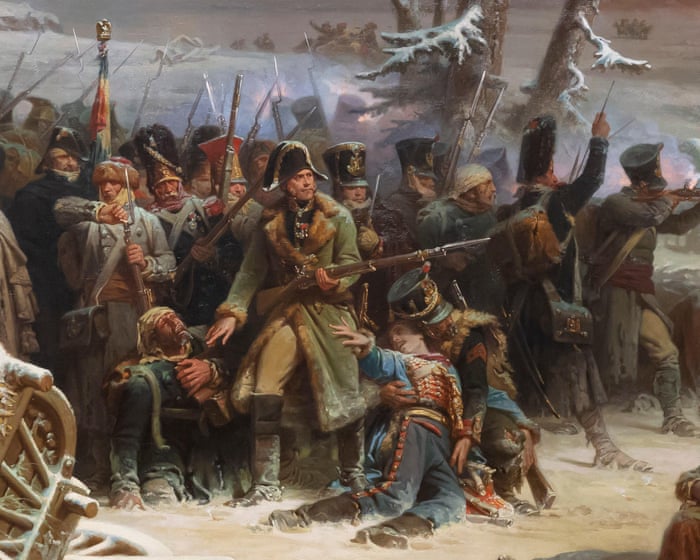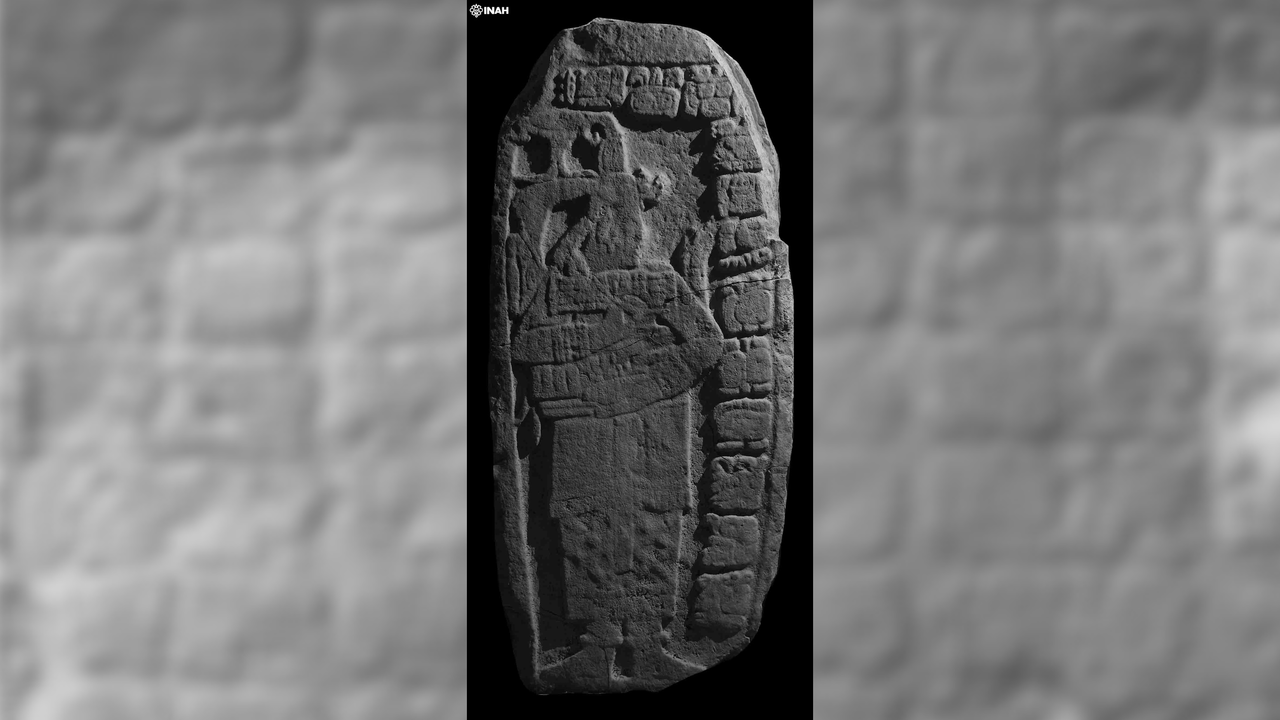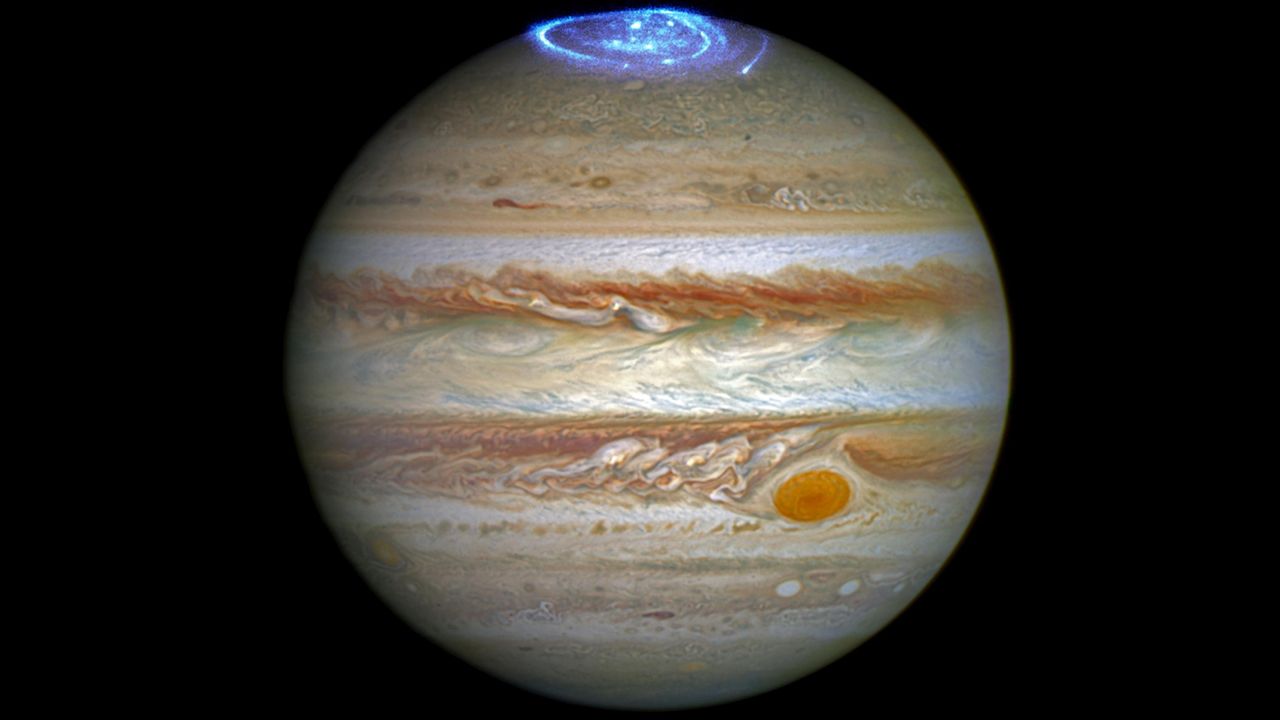The Rise of AI ‘Chatfishing’ in Online Dating Poses a Modern Turing Test
NeutralScience
The emergence of AI 'chatfishing' in online dating is raising new concerns about authenticity and trust in digital relationships. As AI technology advances, it can now engage users in conversations that are indistinguishable from human interaction, making it harder for individuals to identify genuine connections. This trend matters because it challenges the very foundation of online dating, where trust and transparency are crucial for meaningful relationships.
— Curated by the World Pulse Now AI Editorial System

